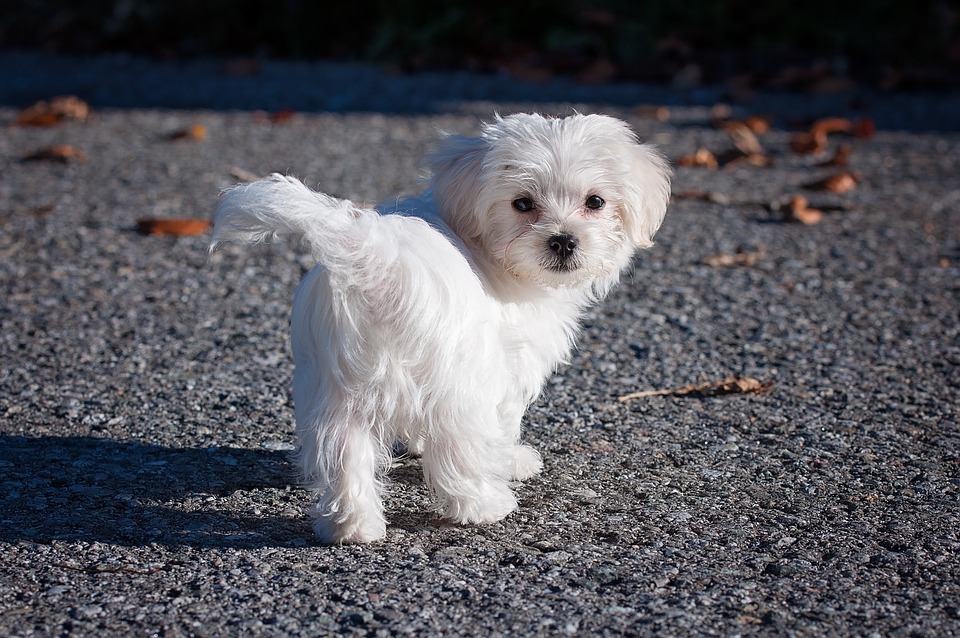Puppy socialization is a crucial aspect of raising a well-rounded and confident dog. It involves exposing your puppy to various environments, people, animals, and experiences during their early developmental stages. This article will delve into the significance of puppy socialization and provide you with a comprehensive guide to help you train your furry friend effectively.
Proper puppy socialization lays the foundation for a happy and well-behaved dog. Here are some key reasons why it is essential:
1. Building Confidence:
Early socialization helps your puppy build confidence and resilience. By introducing them to different stimuli, such as different sounds, smells, and sights, you can prevent fear-based behaviors in adulthood.
2. Reducing Aggression and Fear:
Puppies that are not adequately socialized may develop fearful or aggressive tendencies. Socializing them from a young age helps them learn appropriate behavior around other dogs, animals, and humans, reducing the risk of aggression or fear-based reactions.
3. Enhancing Adaptability:
Puppyhood is a critical period for learning and adapting to new environments. Proper socialization helps puppies become adaptable to changes, reducing anxiety and stress when faced with novel situations later in life.
4. Building Positive Associations:
Through socialization, you can expose your puppy to positive experiences, helping them associate various stimuli with positive emotions. This can prevent the development of phobias and anxieties.
5. Strengthening the Human-Canine Bond:
Socialization activities such as training classes, walks, and playdates provide opportunities for bonding with your pup. The stronger your bond, the more likely your dog will trust and listen to you throughout their life.
Now that you understand the benefits of puppy socialization, let’s explore how you can effectively train your furry friend:
1. Start Early:
Begin socializing your puppy as early as possible, ideally between 3 and 14 weeks of age. This period is known as the critical socialization period, where puppies are most receptive to new experiences.
2. Gradual Exposure:
Introduce your puppy to new experiences gradually, starting with controlled and positive interactions. Expose them to various sounds, sights, smells, and surfaces to help them become comfortable and confident in different environments.
3. Encourage Positive Interactions:
Ensure your puppy has positive interactions with people, dogs, and other animals. Organize playdates, enroll them in puppy classes, and introduce them to well-behaved adult dogs to teach appropriate social skills.
4. Consistency and Positive Reinforcement:
Use positive reinforcement techniques to reward your puppy for desired behaviors during socialization. Consistency is key to reinforcing good habits and building a strong foundation for future training.
5. Supervise and Monitor:
Always supervise your puppy during socialization activities to ensure their safety and prevent any negative experiences. Keep a close eye on their body language and intervene if they show signs of anxiety or fear.
Here are some frequently asked questions about puppy socialization:
Q: When should I start socializing my puppy?
A: It is best to start socializing your puppy between 3 and 14 weeks of age.
Q: How can I socialize my puppy during a pandemic or when limited to my home?
A: While socializing during a pandemic may pose challenges, you can still expose your puppy to various sounds, sights, and experiences within your home. Utilize online training classes and virtual playdates to provide socialization opportunities.
Q: What if my puppy shows fear or aggression during socialization?
A: If your puppy displays fear or aggression, seek guidance from a professional dog trainer or behaviorist. They can help you address these issues and develop a tailored socialization plan.
Q: Is it too late to socialize my adult dog?
A: It is never too late to socialize your dog, but it may require more patience and effort. Seek assistance from a professional trainer to help your adult dog become more comfortable in social situations.
In conclusion, puppy socialization is a critical aspect of training your furry friend. By providing positive experiences, exposure to new environments, and appropriate interactions, you can help your puppy develop into a confident and well-behaved adult dog. Remember to start early, be consistent, and prioritize positive reinforcement. With proper socialization, you’ll set your puppy up for a lifetime of happiness and companionship.









